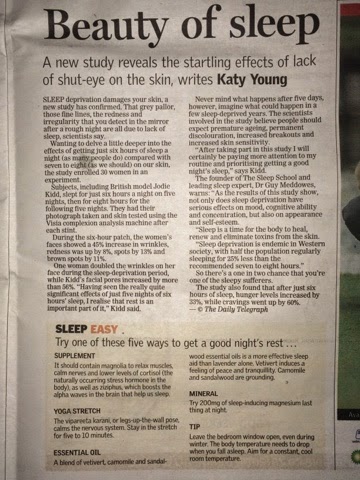When it comes to finances, it is such an important building block for any business. It is one of the core building blocks of an organisation's reputation, be it a large organisation that needs to declare dividends, or a one-man-show that needs cash in the bank to pay suppliers. A lack of transparency of funds or cash will impact how you are perceived and ultimately your reputation. It does not matter how many investments you have, if you don't have cash in the bank it equates to a lot of stress.
Interestingly, with all of these conversations I have also picked up a number of interesting finance-related articles one of which is on invoicing. This is an article that you may like as well: 3 Tips for Designing an Invoice That Gets You Paid Promptly.
I hate having to follow-up on payments due, so I've had to find ways to avoid that awkward conversation to get our invoices paid on time. Here are my ten tips:
- Invest in a really good accountant. Accounting is not creative. Ever. (Refer to my first business lesson: Account for the Taxman);
- Ideally get payment before doing the work. An incredibly dynamic business owner that I have a high regard for, explained it really well: you need to pay for your groceries before you leave the store, you don't pay for the food only once you've eaten it. Why bill for your products / services any differently?
- Invest in a proper accounting package, be it Pastel or Quickbooks. Excel is OK for a start, but a proper system makes a world of difference;
- For invoices that go out on a regular basis, or that don't get paid upfront; send them out early in the month. We want payment by the 25th of the month, so we send out invoices by the 16th. I have heard that some businesses send theirs out even earlier in the month. My experience has been that a week in advance is sufficient for most customers;
- In the past we only sent the first reminder out the day before payment was due. In the Entrepreneurship article (above), they recommend that you send the first reminder three days before payment is due. What I also like is that they say that you need to remind the customer of what was delivered and the agreed upon terms;
- If we don't receive payment on the date agreed upon, the person working on the account then follows up with the customer. Fortunately, this happens very rarely;
- If payment is not received by the last day of the month, I get involved by making a phone call. Again, fortunately this is rarely necessary.
- With that said, late payments do get an interest fee added the next time the invoice goes out; it is communicated and agreed with customers on commencement of projects. The bank does not think twice about charging a percentage on an over draft account, so why should we carry that cost?
- Sticking to the process is important so that everyone on our side and the clients' side knows what to expect and what to do;
- Something that is also important, is to acknowledge the payment and to thank the customer for the payment;
What tips do you have when it comes to invoicing and getting paid on time?


